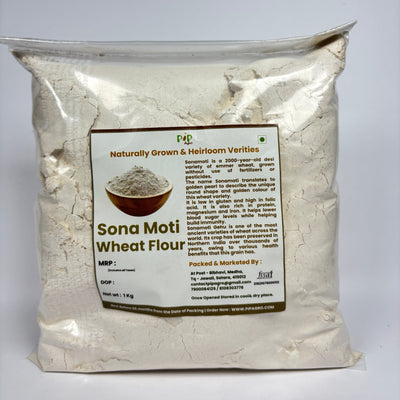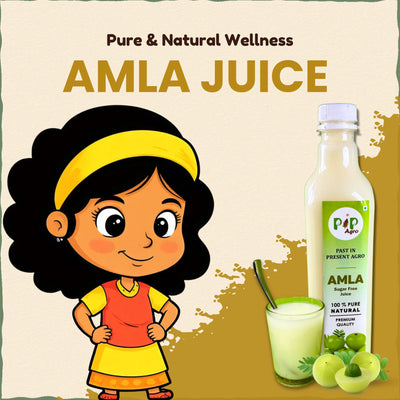
Unpolished Yellow Tuwar Dal / Toor Dal | तूरडाळ
Latur’s Toor | Desi Red Variety | No Need of Pressure Cooker
MRP (Incl. of all taxes)




Development by DDSHOPAPPS
Description
Unpolished Yellow Tuwar Dal, also known as Toor Dal or Pigeon Pea, is a traditional Indian lentil domesticated over 3500 years ago. Rich in essential nutrients, it serves as an excellent source of protein, vitamins A and C, and minerals like iron, calcium, and sulfur. This diabetic-friendly lentil is low in cholesterol and lipids, making it a nutritious addition to any meal. Perfect for preparing dal and khichdi, it is an everyday staple in Indian kitchens.
Ingredients
- 100% Unpolished Yellow Tuwar Dal
Benefits
- Good Source of Vitamin A: Supports eye health and immune function.
- Good Source of Vitamin C: Enhances immunity and skin health.
- Rich in Amino Acids: Promotes muscle repair and overall health.
- Diabetic-Friendly: Helps regulate blood sugar levels.
- Rich in Iron, Calcium, and Sulfur: Contributes to strong bones and improved metabolism.
Storage info
- Store in a cool, dry place.
- Keep in an airtight container to maintain freshness.
Product Related Video
FAQ
Q1: How should I cook Unpolished Tuwar Dal?
A: Soak the dal for 20 minutes, pressure cook for 4-5 whistles, and simmer on a slow flame for 5-10 minutes. Once cooked, use it in tadka dal or any recipe of your choice.
Q2: What makes Tuwar Dal diabetic-friendly?
A: Its low glycemic index and high fiber content help regulate blood sugar levels, making it suitable for diabetics.
Q3: How does Tuwar Dal support immunity?
A: It is a rich source of vitamins A and C, which are essential for boosting immunity.
Q4: What dishes can I make with Tuwar Dal?
A: Tuwar Dal is commonly used in dishes like dal, khichdi, sambhar, and other Indian curries.
Q5: Is Tuwar Dal suitable for a low-cholesterol diet?
A: Yes, it is low in cholesterol and lipid content, making it ideal for a heart-healthy diet.
Q6: Can Tuwar Dal help with bone health?
A: Yes, its rich calcium and iron content contribute to stronger bones.
Q7: What is the historical significance of Tuwar Dal?
A: Domesticated in India 3500 years ago, Tuwar Dal spread to other parts of the world like Africa and the West Indies, where it earned the name 'pigeon pea' in 1692.
Q8: How does Tuwar Dal contribute to protein intake?
A: It contains 20-22% protein, making it an excellent source for vegetarians and non-vegetarians alike.
It is really good and i am very happy with its quality.
Appreciate and request you to kindly maintain the same quality going forward
Pipagro tur dal is very healthy and nutritious pulse, perfect for everyday cooking
Nice quality
Exllent product & faster service
अप्रतिम उत्पादने 😊 …
















